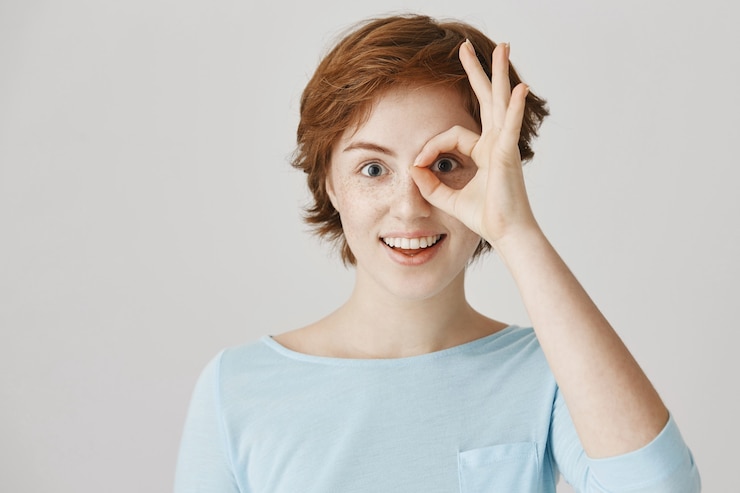
Did you know that most of what we learn and remember comes from what we see? In fact, about 80% of our knowledge is gained through vision, and an equal percentage of vision problems worldwide, including those affecting children, are both preventable and treatable.
Our eyes, often called “windows to the soul,” are truly remarkable organs. Taking care of them is essential for maintaining not only your eyesight but also your overall quality of life. Though small in size—measuring about an inch across and weighing roughly a quarter of an ounce—your eyes provide a constant stream of information your brain, helping you navigate the world. Essentially, your eyes function like cameras, capturing images and sending them to your brain, which processes what you see. Interestingly, vision loss can occur when the eyes themselves stop functioning or when the brain’s ability to interpret visual signals is impaired by conditions like dementia.
Among the five senses—taste, smell, hearing, touch, and sight—vision is often considered the most crucial. Aside from helping us admire the beauty of the world, our eyes also act as our primary defense mechanism, enabling us to perceive and avoid danger. They are constantly at work, reflecting not only emotions and feelings but also, to some extent, the state of our physical health. Sometimes, just looking at someone’s eyes can reveal if they’re unwell.
Protecting your eyesight is vital for maintaining independence and enjoying a higher quality of life, especially as you grow older, since vision tends to deteriorate with age. Let’s explore some simple ways you can take care of your eyes and keep them healthy for years to come.
Excessive exposure to sunlight and UV rays can damage your eyes, leading to conditions like photokeratitis (sunburned cornea) or increasing the risk of age-related macular degeneration. Wearing sunglasses with UV protection is an easy way to safeguard your eyes while adding a stylish touch to your outfit. If sunglasses aren’t your thing, UV-protected eyeglasses or contact lenses work just as well. Hats, caps, or visors can also provide additional protection.
When working at a computer, maintaining the right setup can prevent eye strain. Position your monitor at arm’s length and slightly below eye level. Make sure the lighting around you is soft and diffused rather than harsh, as glare from intense lighting can put unnecessary pressure on your eyes. For extended computer use, follow the 20-20-20 rule: every 20 minutes, look away from your screen at something 20 feet away for at least 20 seconds.
Another important tip for eye health is to avoid smoking. Smoking harms nearly every part of your body, including your eyes. Smokers are at a higher risk of developing cataracts and age-related macular degeneration. The good news is that quitting smoking can significantly improve blood circulation and help reduce inflammation in your eyes and throughout your body.
Keeping your eyes and protected from germs is equally important. Always wash your hands before touching your eyes or handling contact lenses, and follow proper cleaning and disinfecting practices for your lenses. Don’t forget to replace them as instructed by your doctor or the manufacturer to minimize the risk of infections.
Regular dilated eye exams are crucial for early detection of eye problems, especially those that don’t show symptoms initially. These painless exams can help identify and treat conditions before they affect your vision.
Your diet also plays a big role in eye health. Nutrients like vitamins A, C, and E, beta-carotene, lutein, omega-3 fatty acids, and lycopene are essential for good vision. Focus on eating a variety of nutrient-rich foods, and make sure to stay hydrated to avoid dryness and irritation.
Finally, getting enough rest is just as important for your eyes as it is for the rest of your body. A good night’s sleep gives your eyes the chance to recharge and recover from the day’s activities.
In conclusion, maintaining healthy eyes isn’t just about protecting them from the sun or practicing good hygiene—it’s about embracing an overall healthy lifestyle. While not every eye condition can be avoided, simple habits like quitting smoking, eating well, staying hydrated, and managing screen time can greatly reduce the risk of vision problems. And don’t forget to schedule regular eye checkups so any potential issues can be caught and treated early. Take care of your eyes—they’re your lifelong partners in experiencing the world.